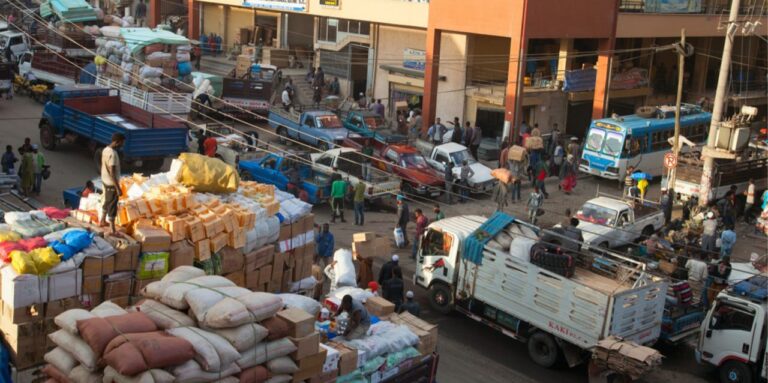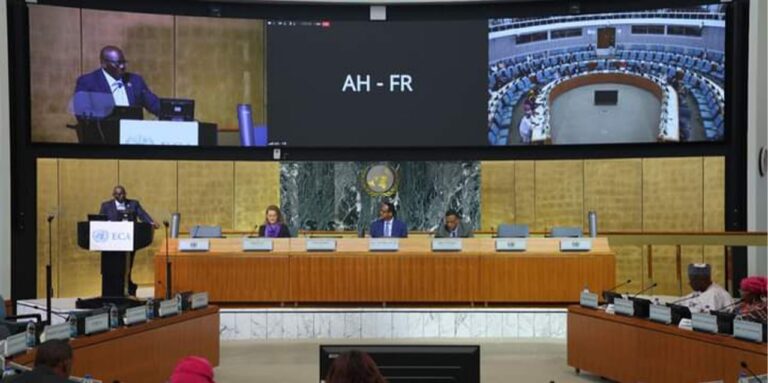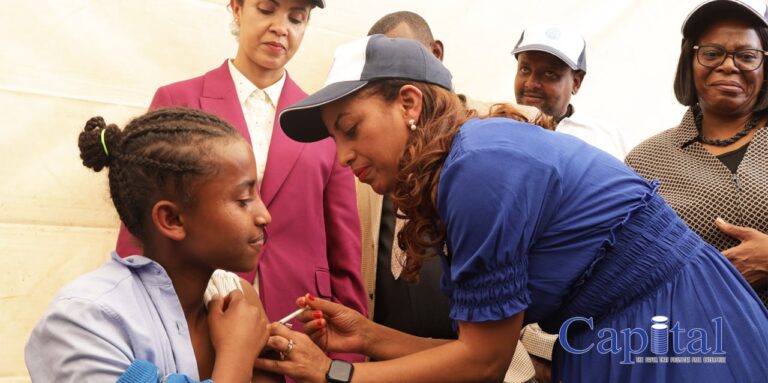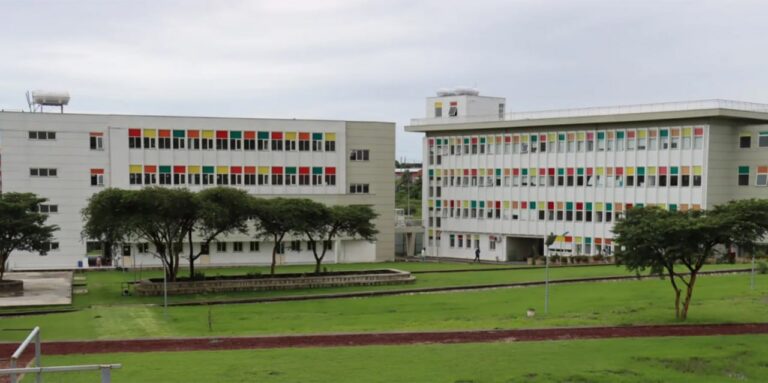The ongoing dispute between traders and the city administration regarding tax receipts at Merkato, Africa’s largest open-air market, remains unresolved. The disagreement centers on the enforcement of tax regulations and the requirement for traders to issue receipts for their transactions.
Merkato, a bustling hub for commerce in Ethiopia, has seen a significant decline in business activity as traders respond to a mandatory directive from the city administration. Sources indicate that shops began closing and operating in shifts starting Monday, November 18, following the city’s insistence on compliance with tax regulations. While trading resumed on Thursday, it has been limited to morning and afternoon shifts.
A recent meeting between city officials and merchants ended without an agreement, leading to warnings that shops could be shut down if they remained closed. Traders expressed frustration over the government’s refusal to negotiate terms that would allow them to operate effectively. “We have not been able to reach a consensus on the issue for several days,” one trader stated, noting that the government’s stance has made it difficult for them to manage their inventory.

On November 20, 2024, the city administration reported that Merkato shops had returned to normal operations, but sales remained stagnant. Mayor Adanech Abebei addressed concerns regarding tax compliance during a recent city council meeting, stating that the administration is closely monitoring transactions at Merkato. “We have seen a lot of illegal practices in our process of charging taxes and issuing receipts,” she explained.
The situation has been further complicated by recent fires at Merkato, which have raised safety concerns among traders. A fire broke out last Sunday at the Jabulani building in the Dench Berenda area, causing significant damage. Few weeks back another fire occurred near the Shema Tera building, prompting the Addis Ababa Fire and Disaster Risk Management Commission to intervene.
In response to these incidents, the city administration announced it would provide 20 million birr to assist merchants affected by the fires. The funds are intended for temporary rehabilitation efforts while plans are developed for a more sustainable shopping center that addresses congestion and safety issues in the area.









